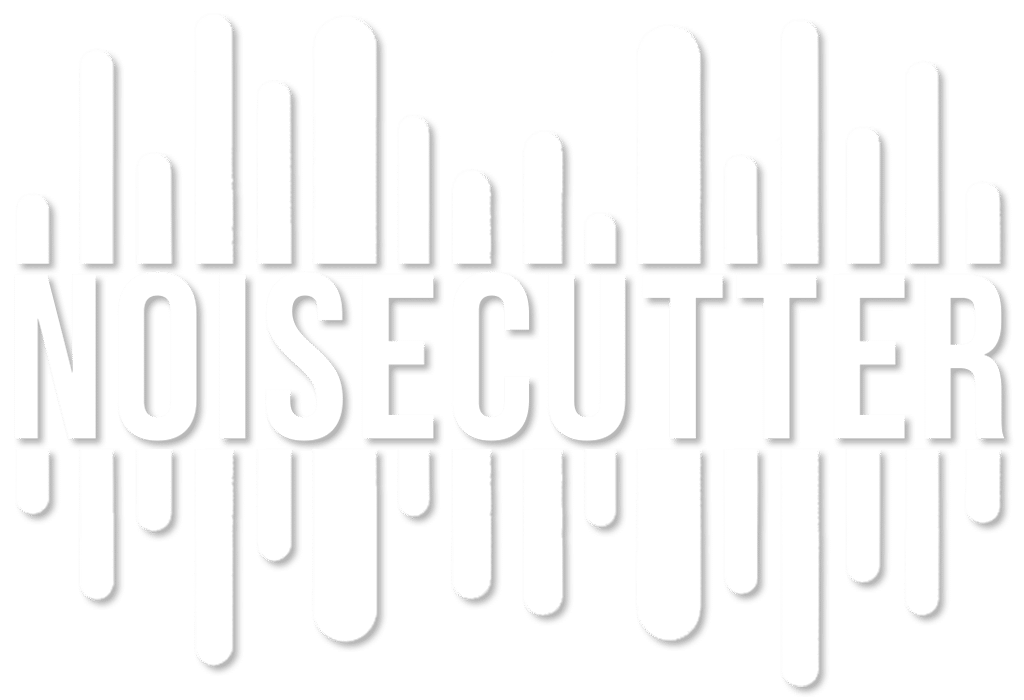Dating App Lawsuit.
A group of dating app users have sued Match Group (owner of Tinder, Hinge and The League) in a class action alleging that the company uses a “predatory” business model to addict users and actually inhibit the formation of real, off-platform relationships. Fittingly, the suit was filed on 14 February, a/k/a Valentine’s Day. It also comes hot on the heels of Congress recently dragging various social media execs in to testify on the dangers associated with their platforms, including addiction.
This one’s kind of tough. On one hand, I remember the fun (but also kind of emotionally vacant?) days of swiping, matching, dating, etc. On the other, man oh man am I so glad that’s no longer a part of my life. But I did meet my wife on one of those apps, and I know a lot of other people who’ve met their significant others on them as well. But that’s not fully dispositive of anything, is it? The apps can be both addictive traps and nevertheless successfully used for their stated purpose.
The thing is, are the apps addictive because of some misleading, underhanded conduct by Match Group? Or is it just an unfortunate fact of life that a lot of folks would rather swipe than date a person? But is that an argument that can be made in court? I can see this all getting very *messy.*
The plaintiffs, to me, also get a little ahead of their skis at various points in the complaint. For example:
Defendant has actual knowledge that the Platforms’ features foster a substantial risk of addiction and compulsive use, as Defendant intended that the Platforms hold users captive to procure subscriptions. Plaintiffs and the putative class, lacking expertise in dating app development, are unaware of Defendant’s inexorable psychological manipulations which turn those seeking an off-app relationship into compulsive, paying users. Defendant has superior and exclusive knowledge regarding both the attendant risks of the Platform to facilitate addiction and compulsive use, and the machinations of Defendant’s psychological manipulations. (Compl. ¶ 74.)
To the first part, it’ll be interesting to see what might come out in discovery re: studies / analyses conducted by Match. There’s a line between knowingly marketing addictive products without appropriate warnings, and designing and marketing a product that people like to use a lot, despite potential risks to health and well-being. Diet Coke, anyone?
To the second, I think the plaintiffs are starting to stretch a bit. Does it really take “expertise in dating app development” to realize that an app developer wants users to subscribe / pay for things like extra features? Isn’t that just how most free-to-paid apps work? There’s even a name for it: “freemium,” and dating apps are far from the only ones to employ the strategy.
But there’s something here about human nature. Whether it’s swiping on faces or destroying little blocks of candy, doing some farming or conquering the next village over, there’s a lot of apps out there that profit off of providing humans with that next hit of dopamine from a succession of incremental “achievements.” Is it a problem? Maybe. Is it unique to dating apps? In my opinion, not really.
We’ll see where this all goes.
Musk Moves.
Elon Musk’s been back in the headlines recently, and this time is really no less *facepalm* than the others. Basically, back in 2018, Musk arranged a pay package for himself with Tesla which would pay him out over the course of 10 years. The package, which contained an equity component (hence, a floating valuation), topped lists at the time, when it was worth roughly $2.3 billion, and now, the package is worth roughly the whopping sum of $56 billion. Shortly after the award, some shareholders were incensed at the value, claiming unjust enrichment on the part of Musk, and sued the company seeking to have it clawed back.
There’s something to think about here, from the perspective of a company’s board of directors: why do we pay people? The answer seems obvious: duh, because they do their work. Sure, but why do we pay people anything above minimum wage, then? Because we want them to stay at their jobs and keep doing great work. From a personal side, we think of it as: “I’m going to do the best work possible and ask for the most money possible without risking getting myself fired.” (Or at least, maybe, we should.) But from a corporate board perspective, where there’s a clear duty to preserve / grow as much value for shareholders as possible, it’s more like, “We should pay people just enough to keep them driving company value, and not a penny more.” And that also makes sense. A penny not paid in “overcompensation” to employees is a penny saved for the benefit of the company’s bottom line, and thus (arguably) the company’s share price. And CEOs are employees of the company, at the end of the day. But are they really? Particularly when they’re also founders and large shareholders, with deep ties with / arguably some form of control over the board? Maybe not, then! But the rules still apply. And if it’s not okay for Bob in sales to walk over and sweet talk Kerry in HR to add an extra “0” to his paycheck, it’s also not okay for Musk to exert whatever pressures he could over the board to get himself paid a whopping sum. And that’s what the Delaware Chancery Court more or less found that he did.1
Musk is obviously furious, and is trying to shift Tesla’s incorporation jurisdiction from Delaware to Texas. But this is harder than just filing some paperwork! And sure, states like Delaware earn tidy sums from companies incorporated there, so there’s some financial interest of the jurisdiction to keep its corporate tenants, but it’s also worried about protecting the interests of shareholders, particularly minority shareholders (i.e., shareholders with a minority of voting power, not shareholders who are minorities) when companies try to switch jurisdictions because they’re unhappy with, say, the judicial veto of an enormous pay package. Anyway, Musk is now claiming that Delaware is trying to block Tesla’s move to Texas, because of course he is.
But is that accurate? Not quite. See, prior to 2022, Delaware law required unanimous shareholder approval for transfer of jurisdiction. This had been the law for quite some time, and, for a large public company with a vast number of shareholders, a virtually insurmountable bar. However, in 2022, the law changed, and now, transfer of jurisdiction requires only a majority vote of shareholders. But of course, in our post-truth world, who cares about facts? Isn’t being right more about how many social media followers one has? (Don’t answer that.)
So, what’s the big takeaway here? Will Tesla reincorporate in Texas? Maybe. Will there be a flood of other companies shifting away from Delaware? Probably not. And what about on the origination side, where new companies seek out a jurisdiction in which to incorporate? There, particularly when VC funding is in the offing, Delaware is the vastly preferred jurisdiction. And in the initial stages, founders are typically looking for the safest path with the least resistance, ergo, Delaware. The advantages posed by states like Texas, Nevada, Utah and Wyoming aren’t really appreciable when a company is just “two guys in a room,” and having to explain that “we incorporated in Texas because Elon said to” isn’t something that’s going to likely play well in future conversations with potential investors. But who knows? It’ll be interesting to see where things go from here, though it’ll be some years, I’d imagine, before the numbers are ready to analyze.
Other Things Worth Knowing
- Alexei Navalny has reportedly died in a Russian prison. It’s not a surprising headline for anyone familiar with Navalny and his crusade against Putin, but it’s nevertheless tragic. If you haven’t watched the Navalny documentary, add it to your queue.
- ChatGPT for videos could be launching soon. Cool, I guess? Though with a potential torrential downpour of new video content set to be unleashed, I’m wondering whether platforms like YouTube, etc., will seek to distinguish between human user-generated content and AI-generated content, preferring one and imposing limits on the upload of the other. Though, if the videos monetize similarly, maybe it’s the opposite strategy, and open the floodgates of content they will.
- I’d told people at the start of the pandemic that commercial real estate would be a big loser from the shift to remote work. And a lot of people disagreed with me, citing the “vitality of in-person interaction for creativity and morale” or other poppycock like that. Years later, a better person wouldn’t be gleefully dancing on the graves of office buildings shouting “I was right! I was right!” but, alas, this is me you’re dealing with: it’s 2024, and a large segment of the business world is trying to figure out what to do about the plunging value of commercial real estate. Celebrations about being right aside, this is actually kind of scary stuff, not because I have any particularly warm feelings for the owners of office building, but rather because of how that ownership is financed. Remember back in 2007 when the residential mortgage-backed securities (RMBS) industry was generating piles of absolutely worthless paper, because folks were getting mortgages on homes they couldn’t possibly pay for? (Hint: bad stuff followed like a terrible game of dominoes.) What happens to commercial mortgage-backed securities (CMBS) when the owners of large office buildings start declaring bankruptcy? And what’s the follow-on effect there on the global financial system at large? Will the protections of Dodd-Frank be sufficient to prevent another catastrophe? I’m going to put a pin in this for future exploration, whether here on Business Thoughts or on an episode of The Noisecutter Podcast.
There’s an argument here, made by, inter alia, former SEC Chairman Jay Clayton, that while Musk’s pay package value did balloon from roughly $2 billion to $56 billion, because that was due in large part to rising equity value, shareholders vastly benefited as well. And that’s not a bad way to look at things, because ultimately, the goal is to do what’s best for shareholders, and that’s (usually) the same as “make as much money as possible for shareholders.” Here, though, it was the (fairly obvious) close ties between Musk and several of the Tesla board members (e.g., his brother) and members of management (e.g., Tesla’s general counsel, who used to be Musk’s divorce attorney) that cast a pallor over the notion that Musk’s compensation negotiations were conducted at arm’s length. The interesting question here is if you do things at less than arm’s length, but shareholders benefit anyway, was it still wrong? And the answer, from the Delaware Chancery Court in this case, is yes.


